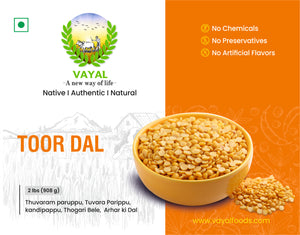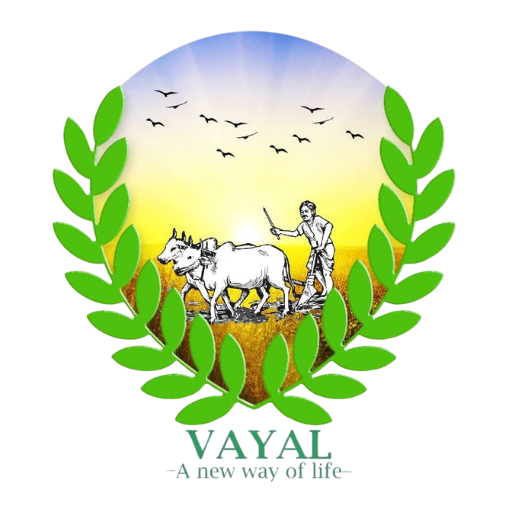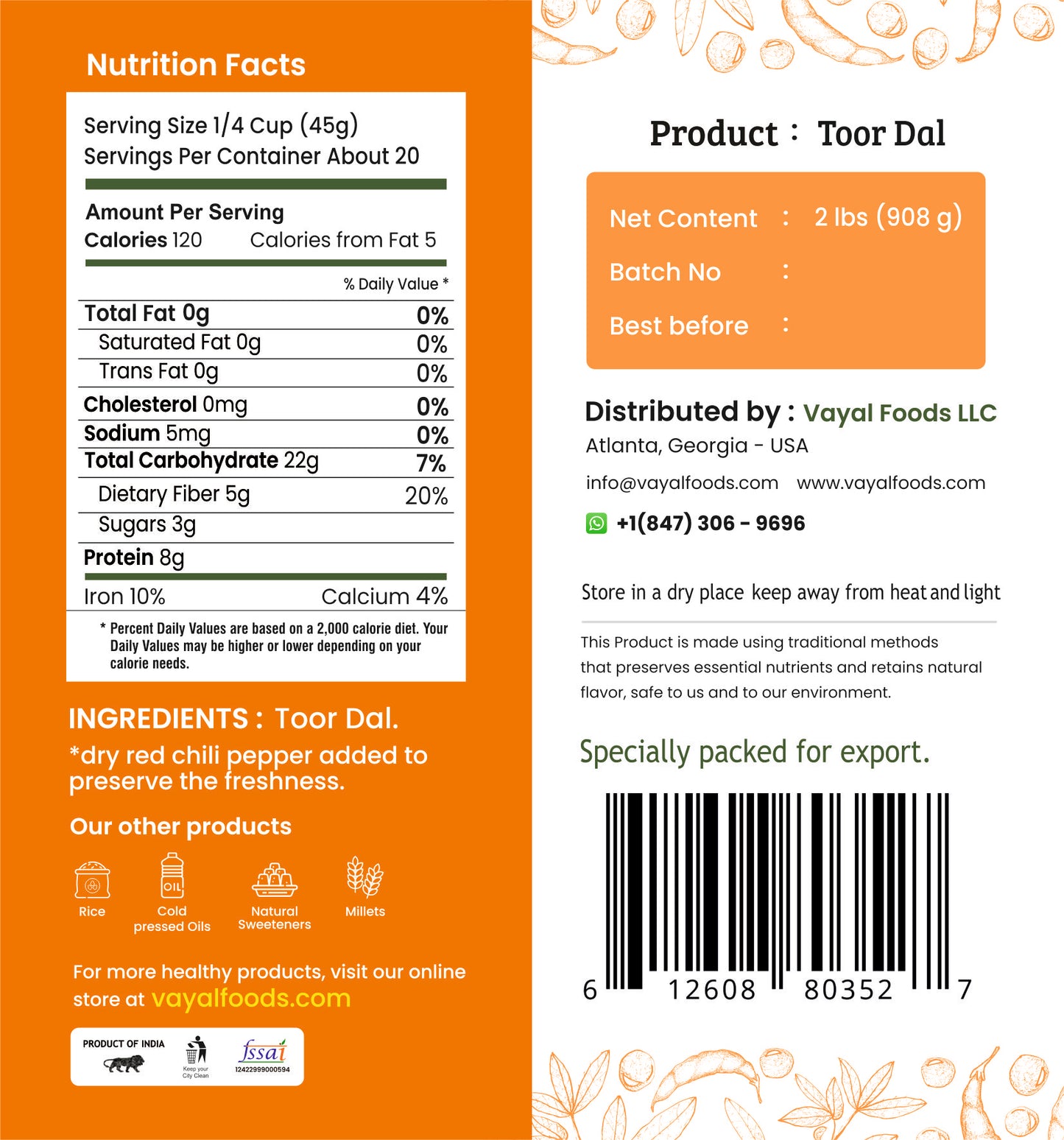
Toor dal, also known as pigeon pea(thuvaram parupu), is a staple ingredient in Indian cuisine, cherished for its nutritional value and versatility in cooking. Packed with protein, fiber, and essential nutrients like iron and potassium, it's not just delicious but also beneficial for health. Whether seasoned simply with spices or incorporated into complex dishes, toor dal stands as a cornerstone of many traditional recipes, embodying the heart and soul of Indian cooking.
Nutritional Benefits :
-
Rich in Protein: Toor dal is an excellent source of plant-based protein, making it an essential component of vegetarian diets. Protein is vital for muscle growth and repair, as well as overall bodily function.
-
High in Fiber: Like many pulses, toor dal is high in dietary fiber, which aids in digestion, promotes satiety, and helps regulate blood sugar levels. Including fiber-rich foods like toor dal in the diet can also lower the risk of cardiovascular disease.
-
Good Source of Complex Carbohydrates: Toor dal provides complex carbohydrates, which are essential for providing sustained energy to the body. Unlike simple carbohydrates, complex carbohydrates release glucose slowly into the bloodstream, helping maintain stable energy levels.
-
Rich in Vitamins and Minerals: Toor dal contains various vitamins and minerals, including folate, iron, potassium, and magnesium. Folate is important for DNA synthesis and cell division, while iron is crucial for preventing anemia. Potassium and magnesium support heart health and help regulate blood pressure.
-
Low in Fat: Toor dal is naturally low in fat, particularly saturated fat. This makes it a heart-healthy food choice, as a diet low in saturated fat can help reduce the risk of heart disease and stroke.
In Indian tradition, toor dal is not only valued for its nutritional benefits but also for its versatility in cooking, forming the base of many delicious and nutritious dishes.




